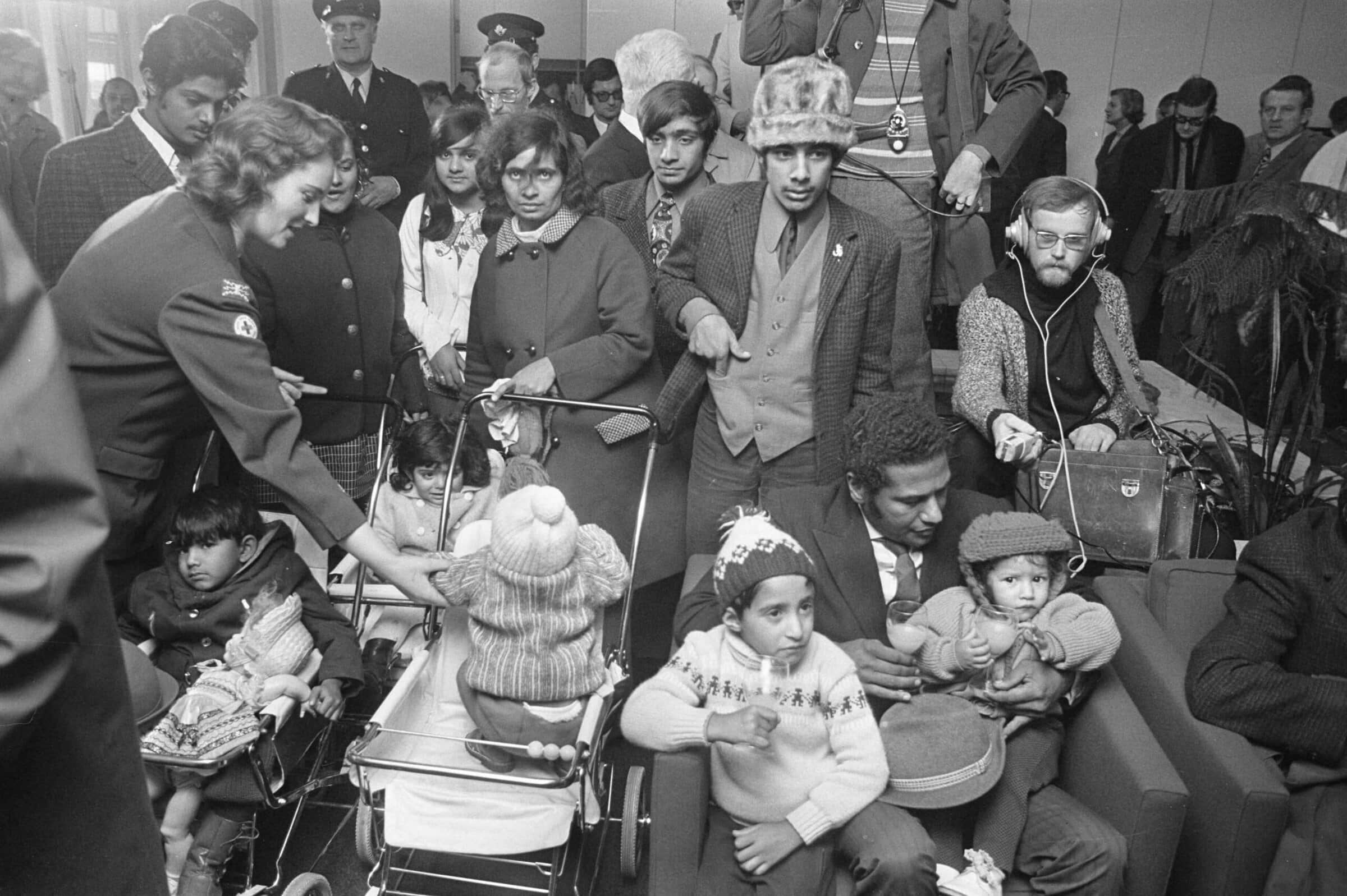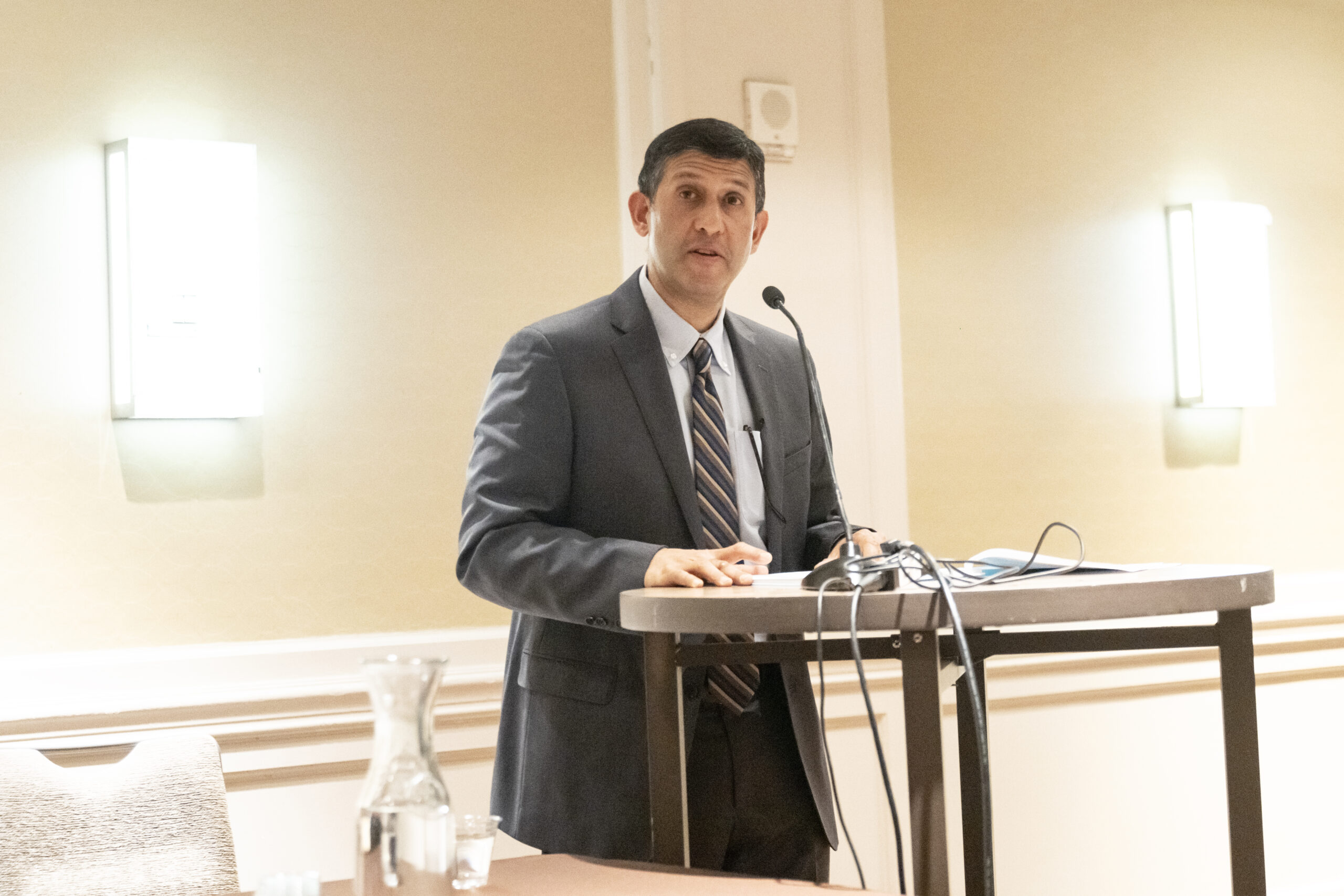Editor’s Note: Following the publication of Russell Olwell’s essay, “History Departments and the NCATE/NCSS Accreditation Process: Time for a Change,” in the May 2006 issue of Perspectives, we received several communications commenting on the article. We are publishing them as a forum on the subject along with the first essay, which was specially written by Margaret Crocco in response to our request to the National Council for the Social Studies seeking comment on the Olwell article, along with essays by Charles Howlett and Larry Frohman.
Russell Olwell’s “History Departments and the NCATE/NCSS Accreditation Process: Time for a Change” is insightful and important. He is absolutely on point in his comment that, since the 1968 publication of the AHA’s Teaching Division guidelines, “this program has receded from view, as education schools have implemented a host of new classes for students, leaving far fewer credits available for content.” He is also correct on two other points: (1) “that the majority of training for history teachers ought to be in the discipline, not administered by colleges of education” (even though I belong to one); and (2) “NCATE accreditation has become an everyday migraine for history educators. Worst of all, another organization—one with little commitment to history as a discipline—developed the standards [the 10 “strands” of which only one is history while others include subjects like anthropology and economics] to which we are held accountable.”
Recently, as retired social studies chair at Amityville Memorial High School on Long Island and presently an assistant professor of graduate education, I have experienced firsthand the NCATE process. Although my department passed the review with flying colors, I was more than troubled by many of my social studies majors’ lack of historical content knowledge. If they don’t know it how can they teach it? What I found is that many of these majors are well skilled in methodologies of teaching, but poorly prepared to explain the interconnected meanings and interpretations surrounding events and their impact on human life. That is, their historical reasoning was weak. The ability to develop and organize a research paper, to enhance historical thinking skills, and to have a knowledge and understanding of the literature of the field (historiography) can only be acquired successfully if placed in the hands of those who are best trained to do it.
This was made even clearer to me when I was asked to develop and conduct a content specialty test workshop in Social Studies. In New York State, social studies teachers must pass the state test to receive certification. I was shocked at how many of those enrolled in the workshop had failed the exam not once, but two or three times. Many failed because they could not interpret or provide background knowledge to the documentary-based essay. Others did poorly on the historical section of the exam. Many of those enrolled complained about their lack of subject knowledge because of the other teaching courses they were required to take. For someone who has held a PhD in history for over 30 years and taught with that degree in secondary education for the same amount of time, I applaud Olwell’s observations. However, until we are able to claim history, not social studies, as the true champion of teaching and learning about the past, I’m afraid we will still be singing Bestor’s tune well into the 21st century.
Charles Howlett is assistant professor in the graduate education department of Molloy College, New York.


